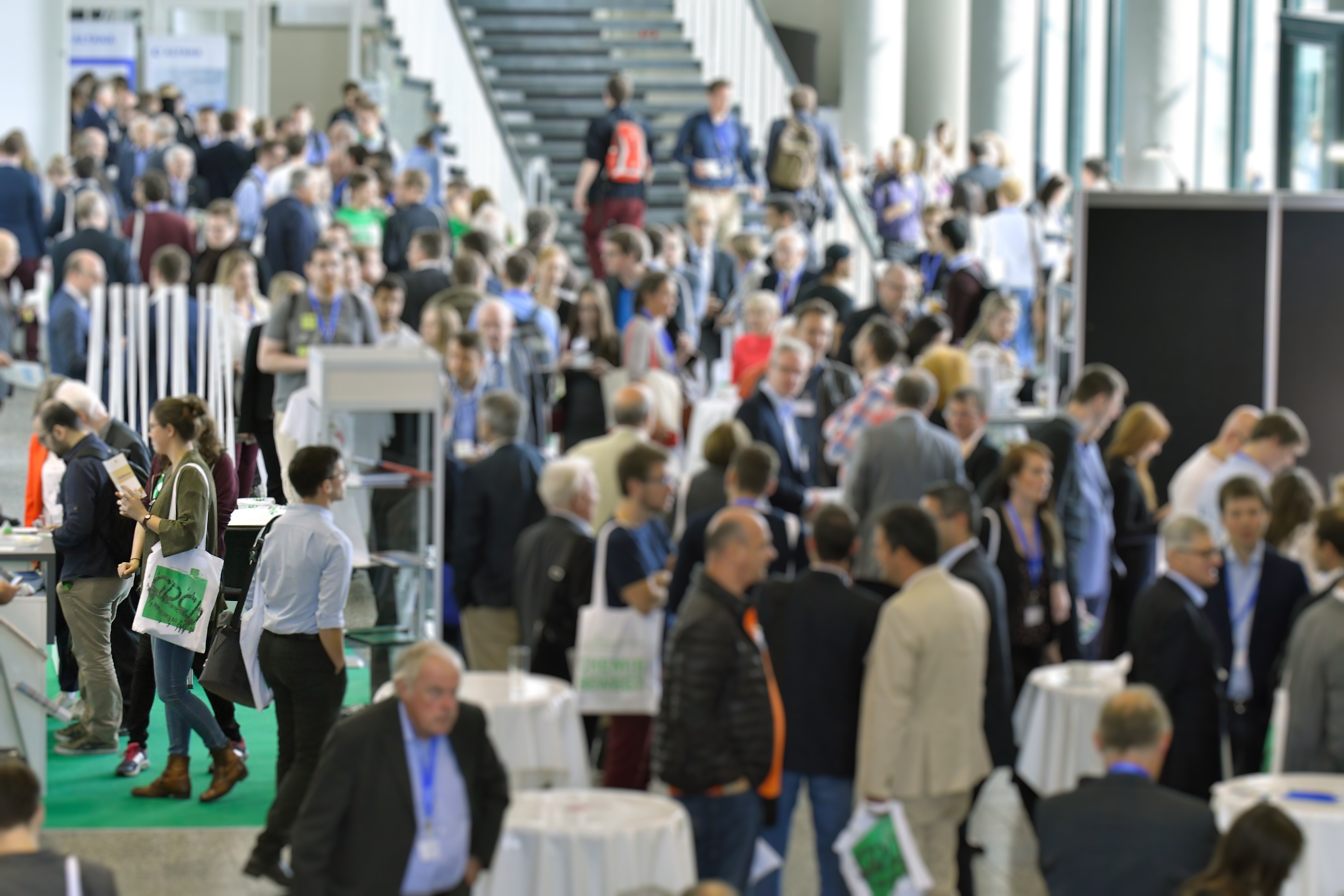

The GDCh Division of Biochemistry awards up to two prizes annually to recognize outstanding research achievements in the field of biochemistry – evidenced either by a dissertation or a publication in a scientific journal.
To support the participation of students and doctoral candidates in its Biochemistry Conference, the GDCh Division of Biochemistry awards up to ten Meeting Awards. Applications can be submitted in the form of an abstract for a conference paper.
This page has been machine translated. If you have any feedback or comments please feel free to contact us. 
last modified: 10.07.2025 15:29 H from Translator

